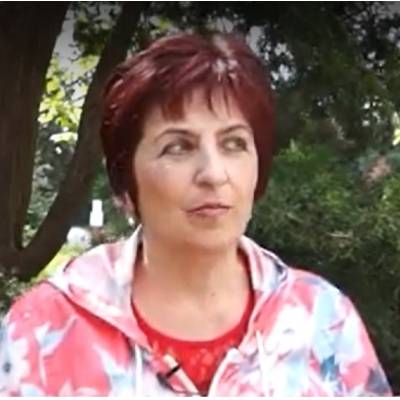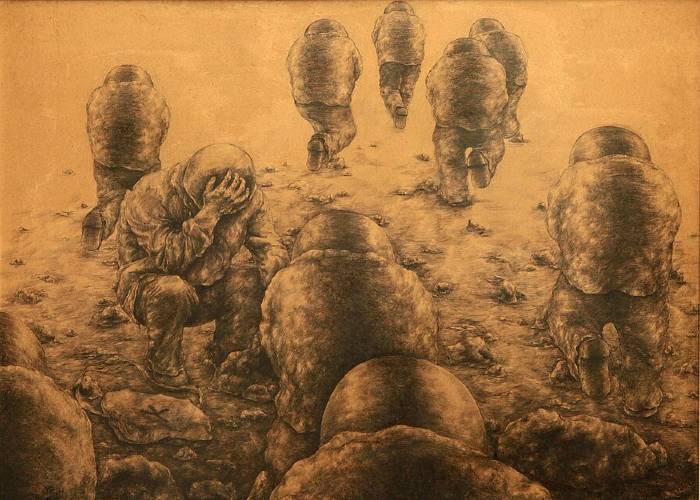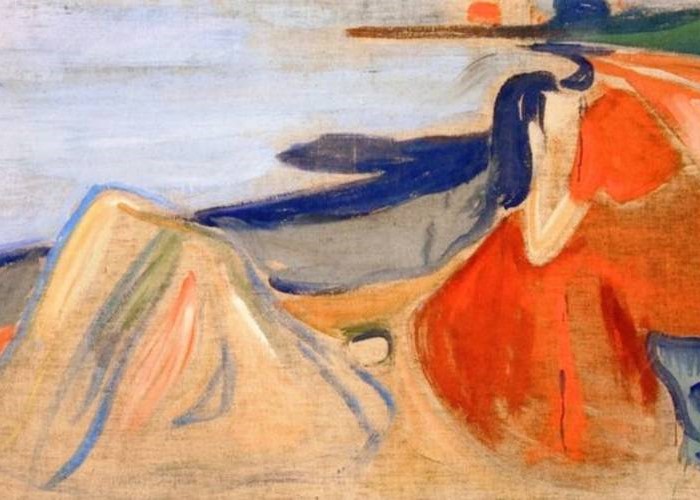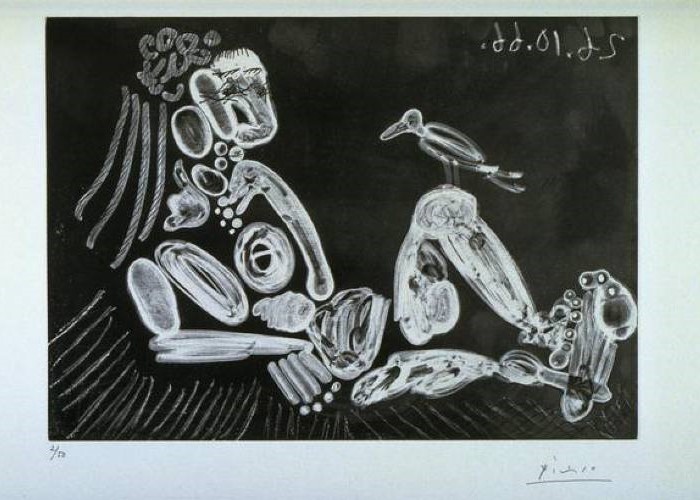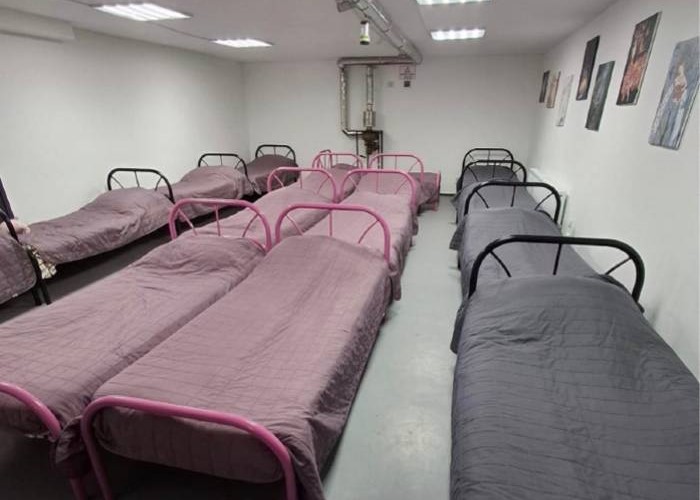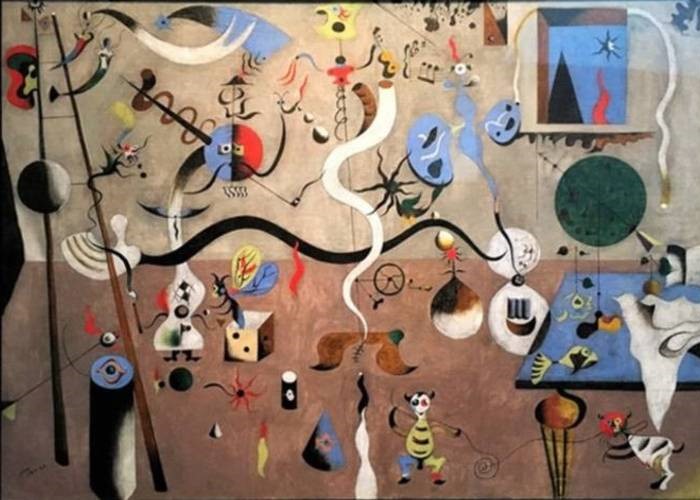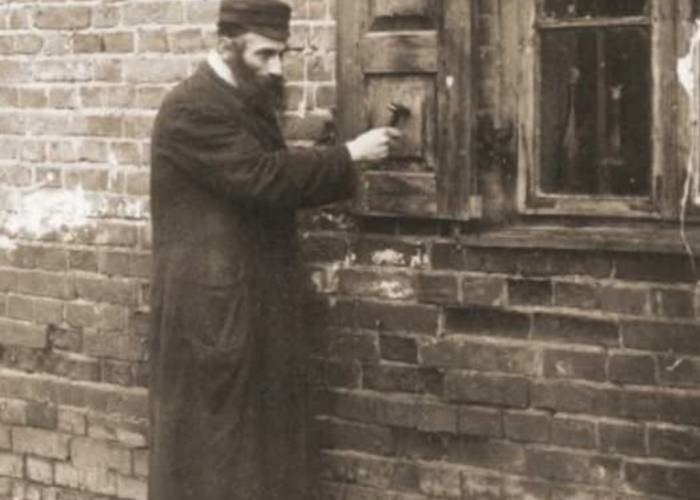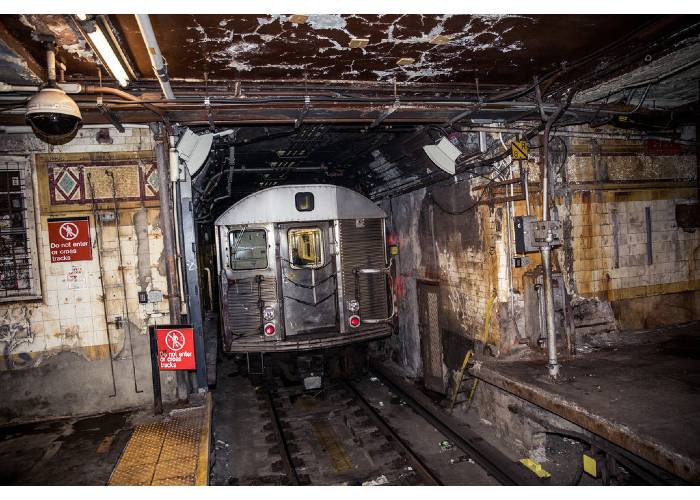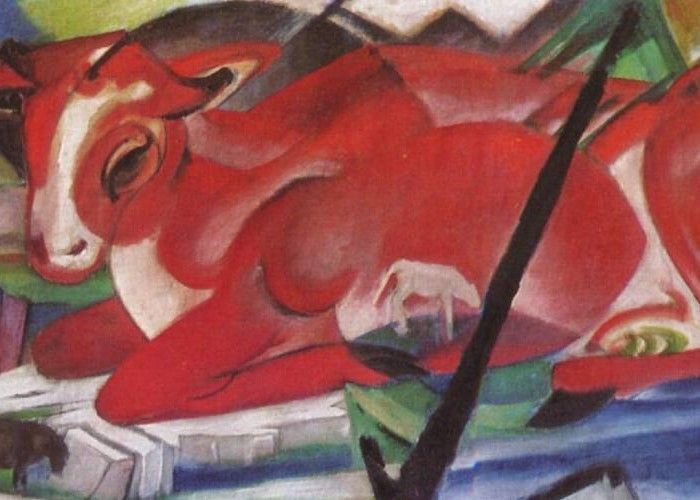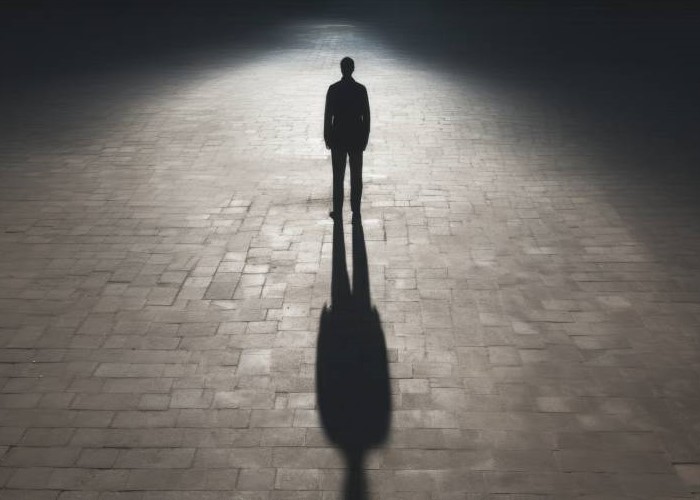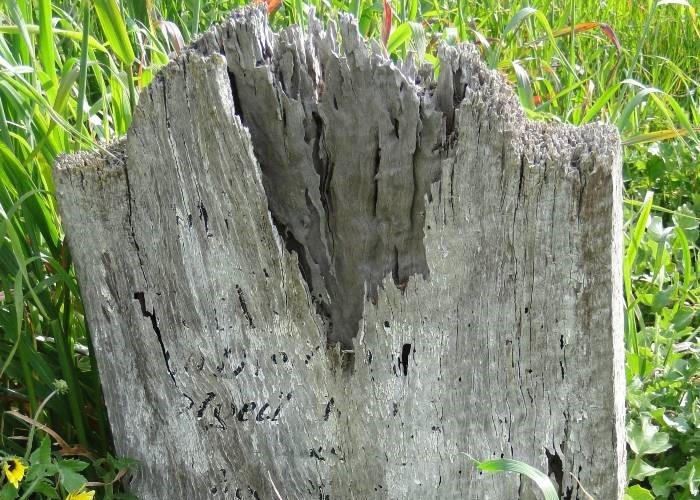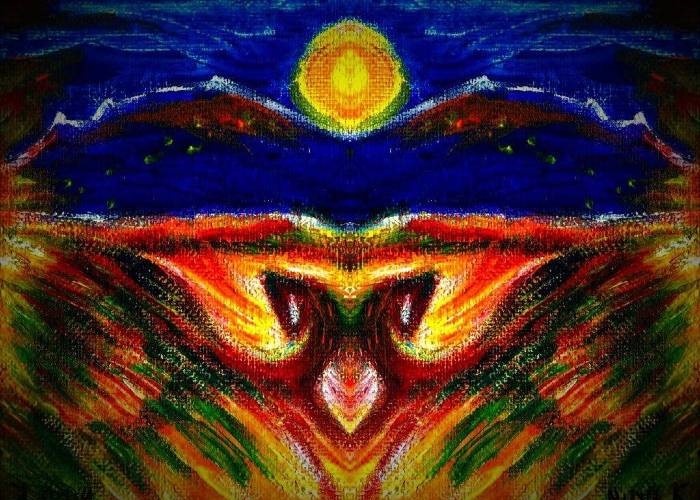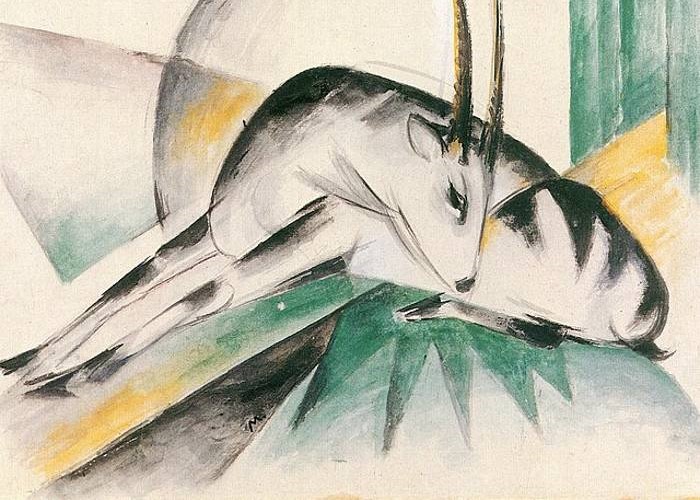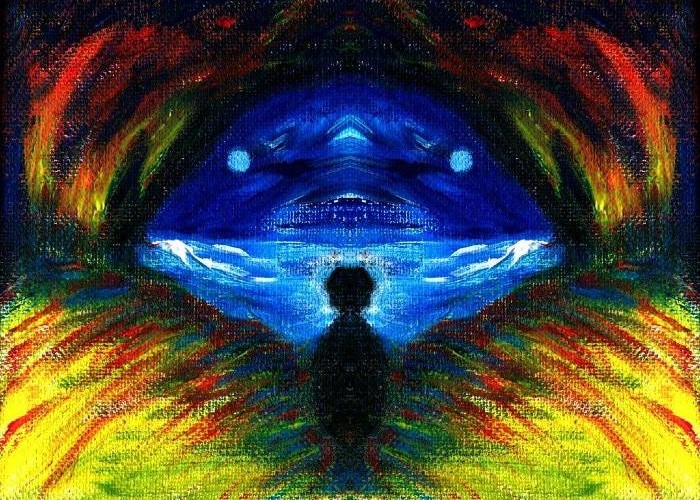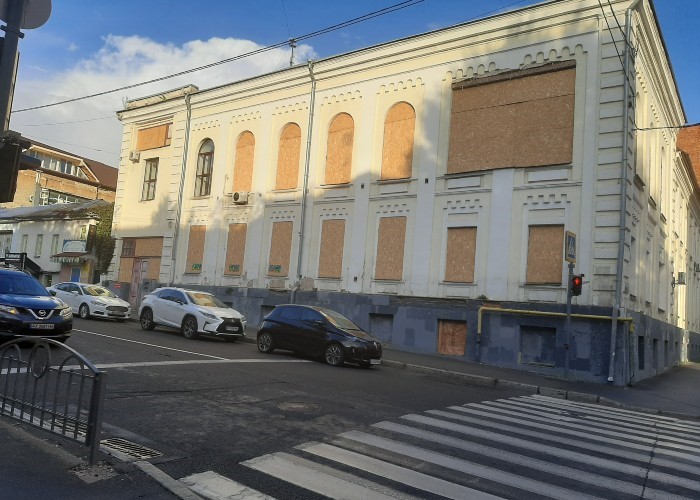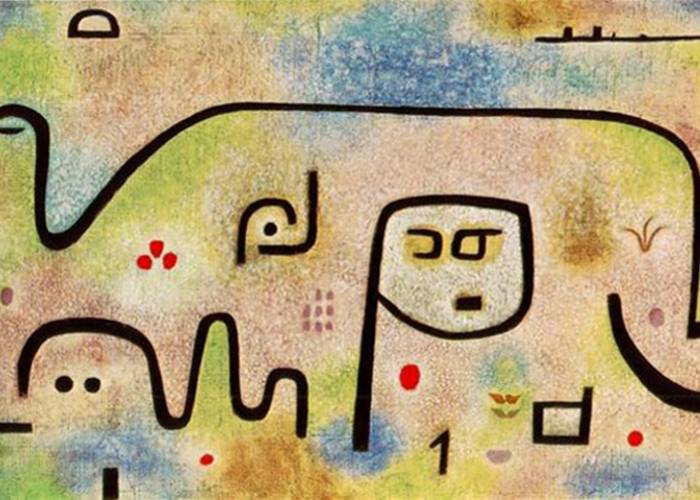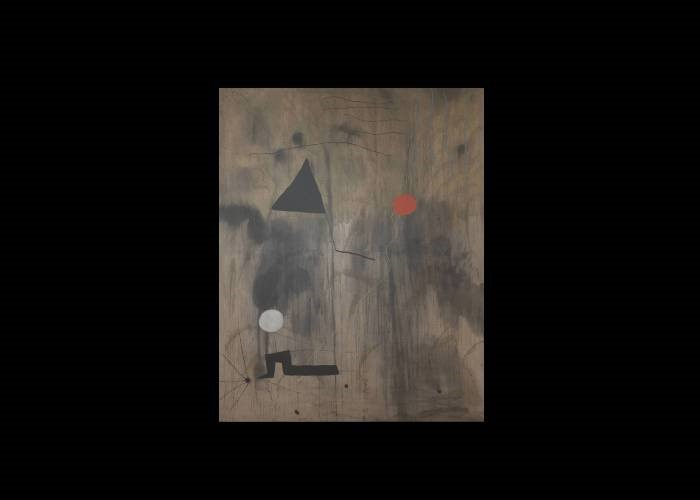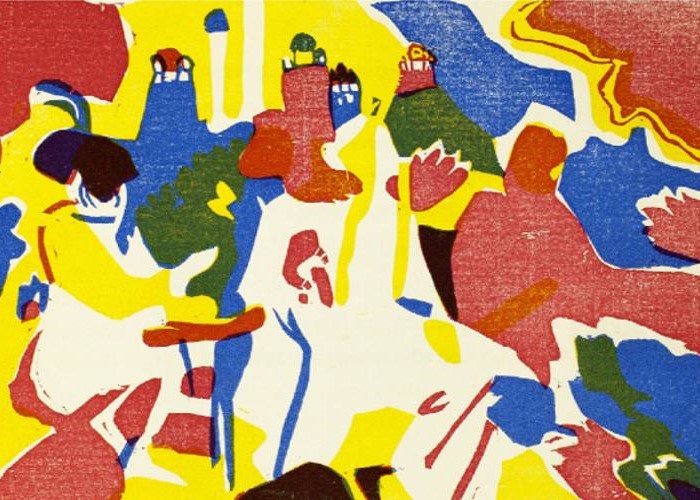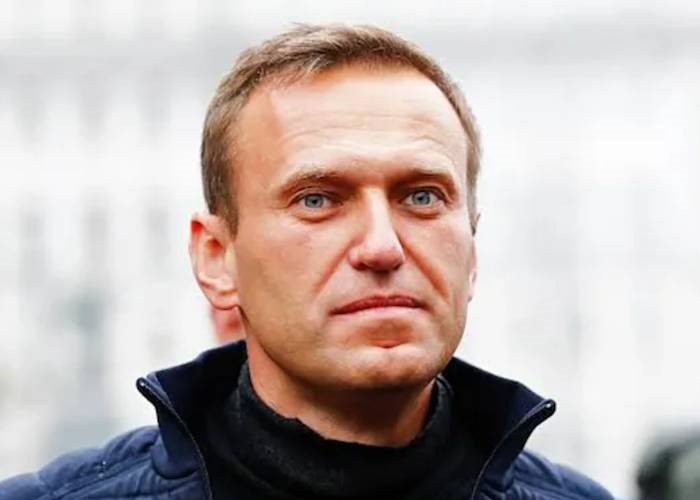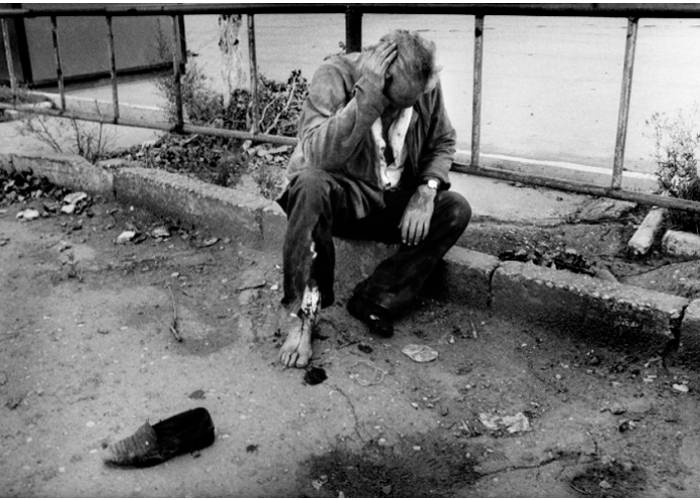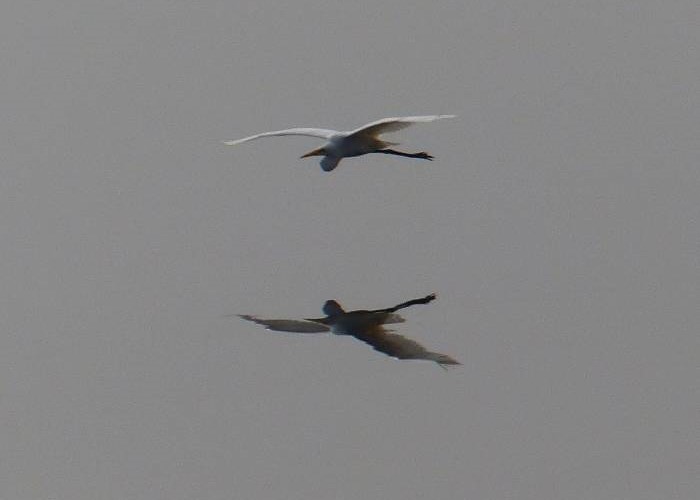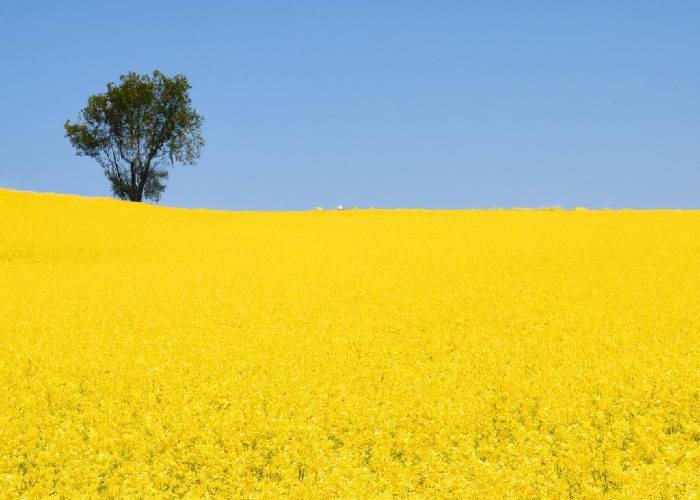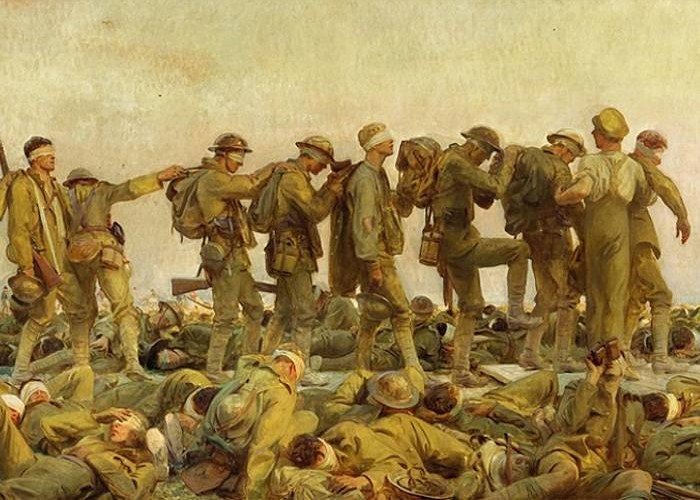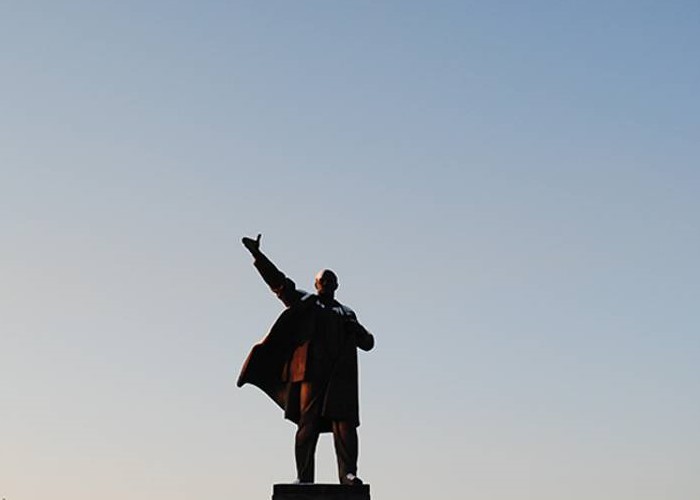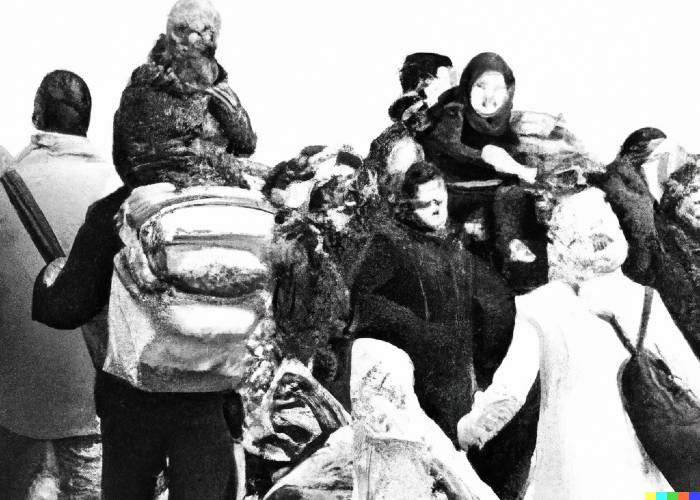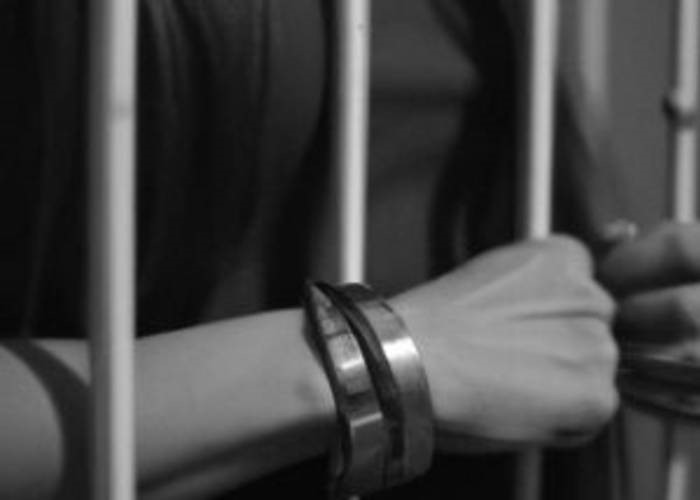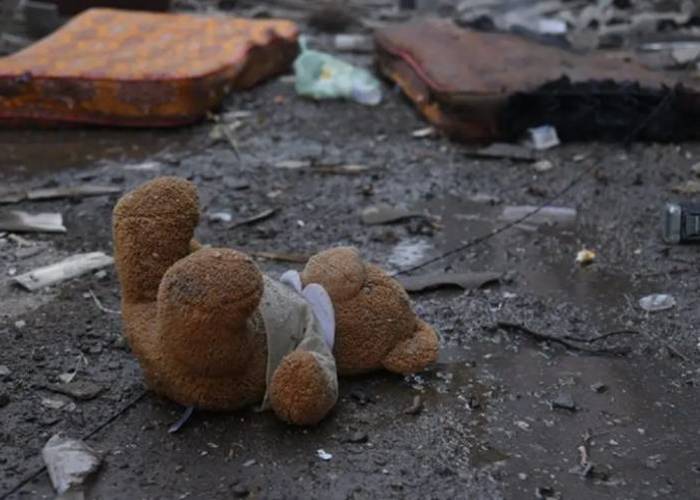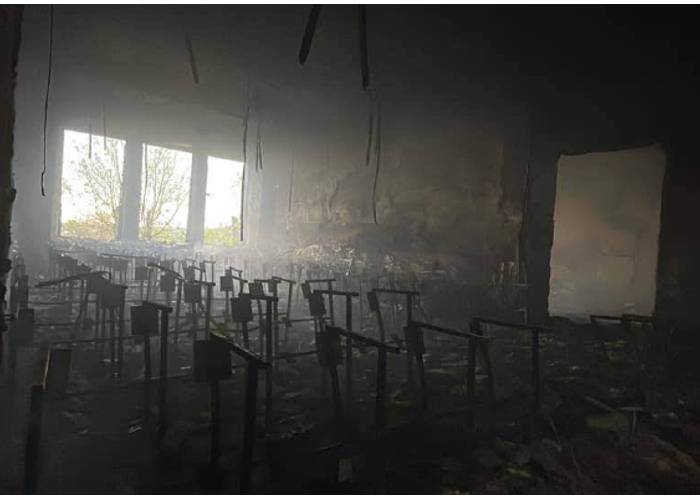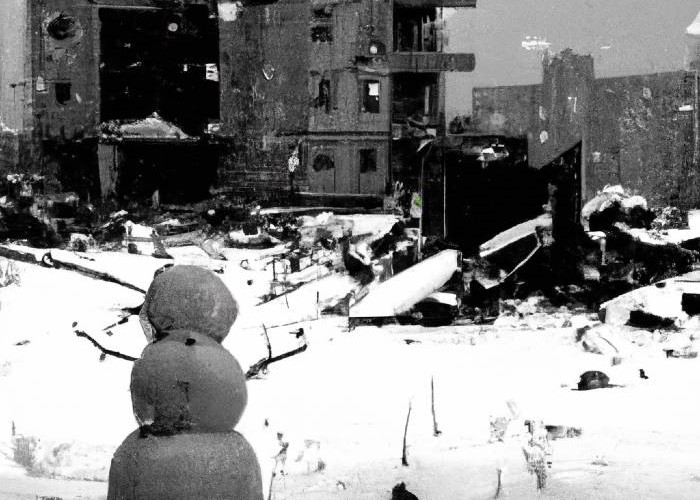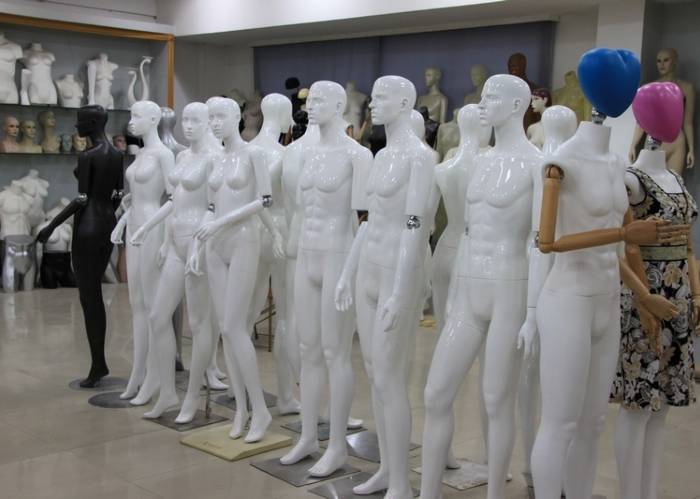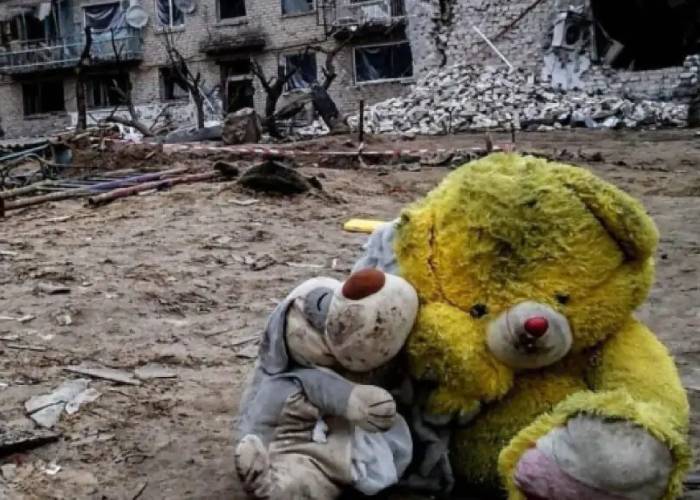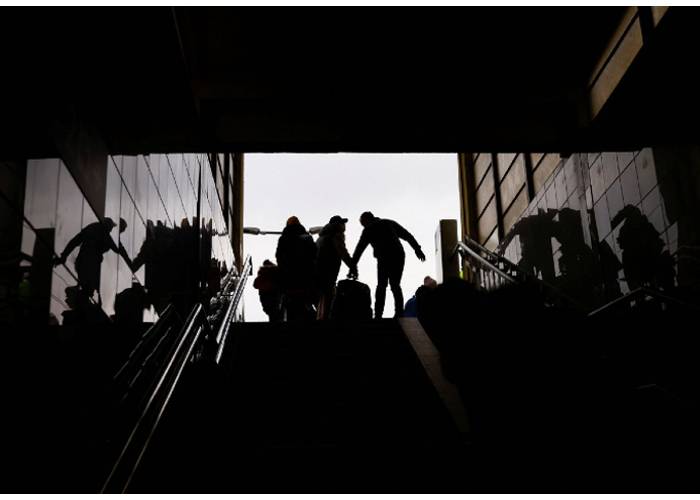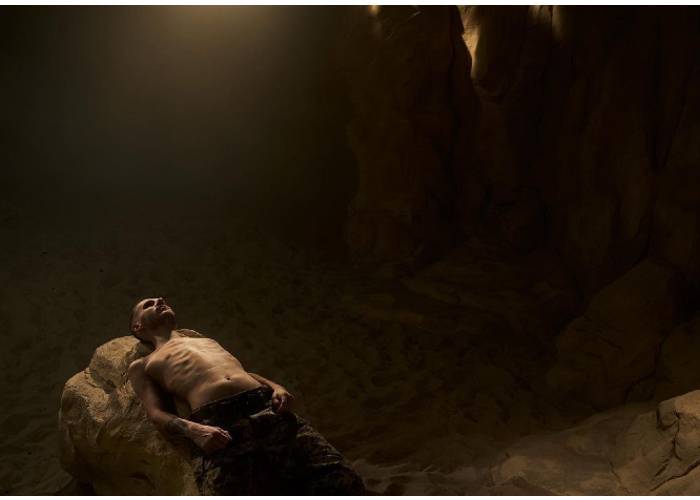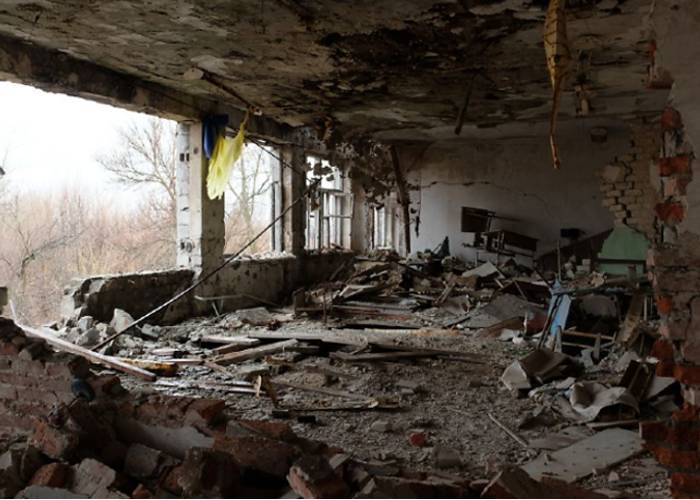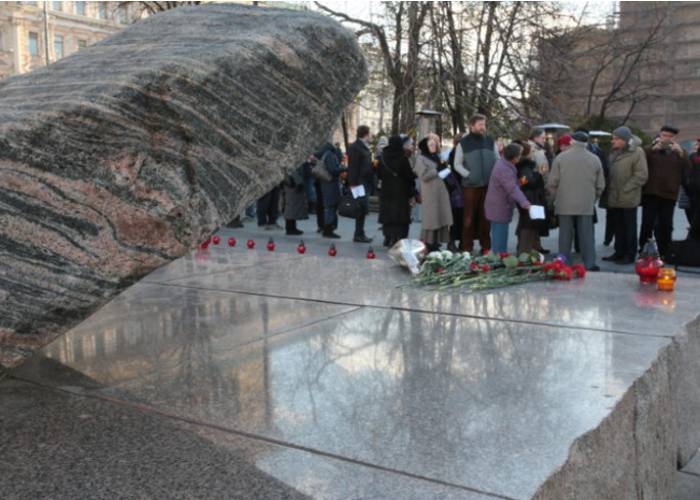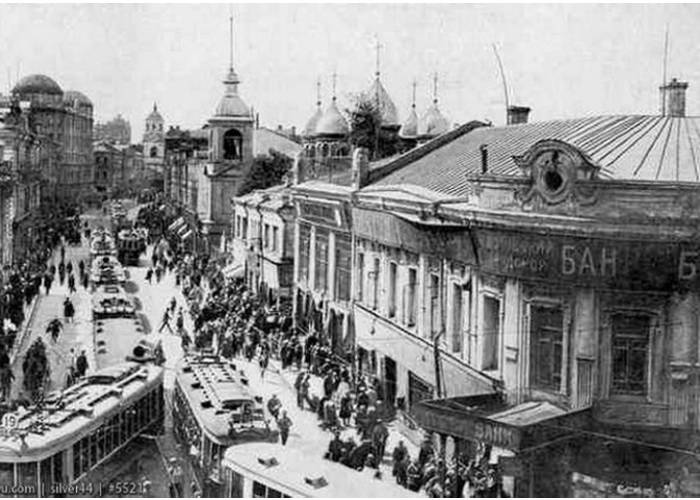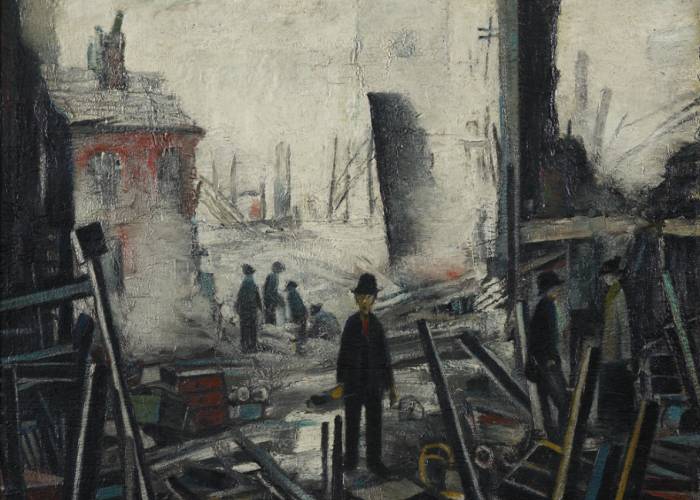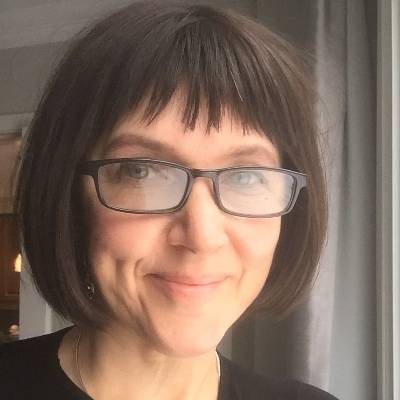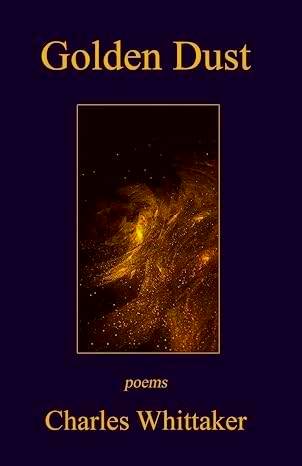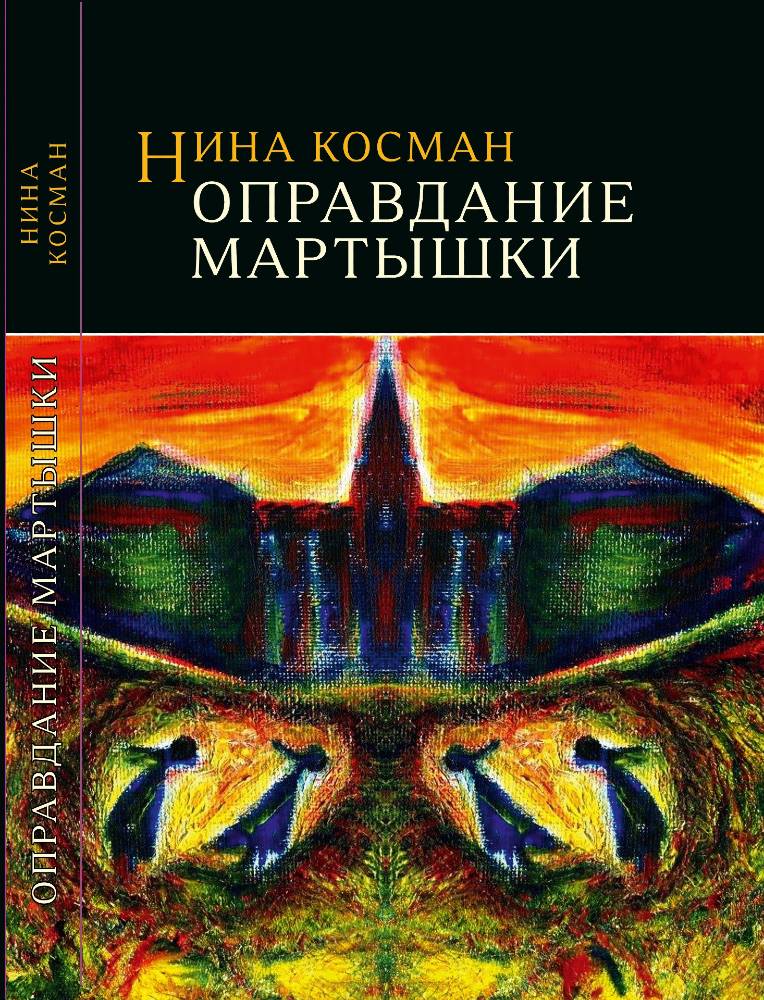My grandpa David was killed in ‘42.
He had a hellish job—a sapper in the field.
There is no grave, the house is gone.
He fought a year, then he was felled.
His wife and daughter made it, with God’s help.
Though faith in God was beyond grandpa’s ken.
He fell as he defended East from West—
death came from the west back then.
Not long ago, my grandma died as well,
almost a hundred. In her room she had
some poison in case war broke out,
shattering all. Another Stalingrad
she couldn’t bear to see. She was a nurse
back then. Her nightmares to the last
were full of bodies, young and old,
streaming with blood and pus.
I see my grandma in my dreams sometimes,
we talk, our voices barely audible.
Awake, I’ve got my grandpa’s medal left,
some papers, and a photo on the wall—
a faded, hazy photograph, from which
my young and lively grandparents look on.
Tarutyne, Petrivka, Akkerman—
those were the places they called home.
Now, rockets hail down on those parts again,
just like in ’41.
I’m glad that grandpa David’s not around
to see it. And that grandma’s gone.
March 13, 2022
The Original
Давид
Мой дед Давид погиб в сорок втором.
Он был сапёром – адова работа.
Могилы нет, не сохранился дом.
Погиб, отвоевав чуть больше года.
Жена и дочь остались, бог помог.
Хотя Давид не уповал на бога.
Он защищал от запада восток –
тогда не приходила смерть с востока.
А бабка умерла не так давно,
прожив почти сто лет. И дозу яда
хранила у себя: а вдруг войной
опять всё рухнет. Чтобы Сталинграда
не видеть больше. Бабка медсестрой
работала тогда. В её кошмарах
навечно поселились кровь и гной,
тела убитых, молодых и старых.
Я вижу бабку иногда во сне,
мы разговариваем с ней, чуть слышно.
А наяву – есть фото на стене,
военный орден, орденская книжка.
На фото выцветшем, как сквозь туман,
дед с бабушкой – живые, молодые.
Тарутино, Петровка, Аккерман –
вот это были их места родные.
По тем краям сегодня град ракет,
как в сорок первом, как же всё похоже.
Я рада, что не видит это дед.
Что бабки нет в живых, я рада тоже.
13.03.2022
